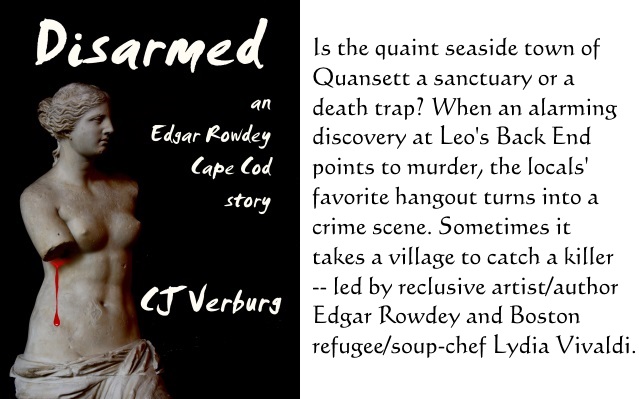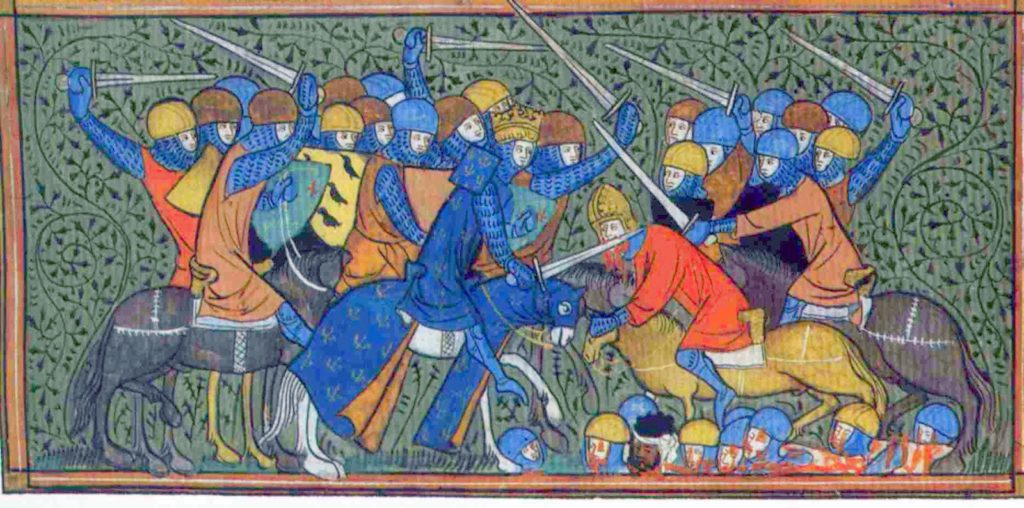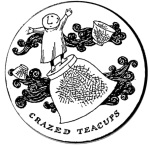 Heart of Darkness by Joseph Conrad
Heart of Darkness by Joseph Conrad
This is a difficult book to appreciate if you care more about racism, sexism, and colonization than intricately crafted metaphors. Conrad seems aware of the layers upon layers of contradictions that envelop his characters, yet insofar as he confronts them, he does it by observing and reporting rather than judging. For instance, the condescension of Brits to Africans is blatant and grating. Yet the narrator Marlow doesn’t remark on it, either when these events took place or now, as he recalls them: he simply describes it, and leaves any judgment to us.
Marlow is a sailor, privileged by his race and gender but not by his social position, which presumably in the Britain of Conrad’s day counted just as heavily. This short book is a story he’s telling to a crew of old sailing comrades about a voyage up an unfriendly river in a wild land that was being exploited by his shipping-company employers. His task was to find Kurtz, the company’s most effective ivory collector, who’d evidently “gone native” (= turned traitor to his race, class, etc.). Before he could take command of his assigned boat, Marlow had to dredge it up from where it sank when the previous captain beat a local chief and was killed. So, as in Melville’s Moby-Dick, we’re traveling among misfits and renegades obliged to obey an arbitrary leader.
However, unlike Ishmael et al., Marlow and his listeners are old friends (not a motley crew of strangers) waiting on a yacht (not a working boat), in the safe comfort of London’s Thames River mouth, for the tide to change so they can set sail. The prose is suitably languid for men who are in no hurry. And the multifaceted paradox of Kurtz makes a neat paradigm for the larger paradoxes Conrad describes, or delicately alludes to.
It’s a book so full of arrogance that I had a hard time with it.












![The Secret of the Old Clock: 80th Anniversary Limited Edition (Nancy Drew Book 1) by [Keene, Carolyn]](https://images-na.ssl-images-amazon.com/images/I/51ZphSdRHmL.jpg)





